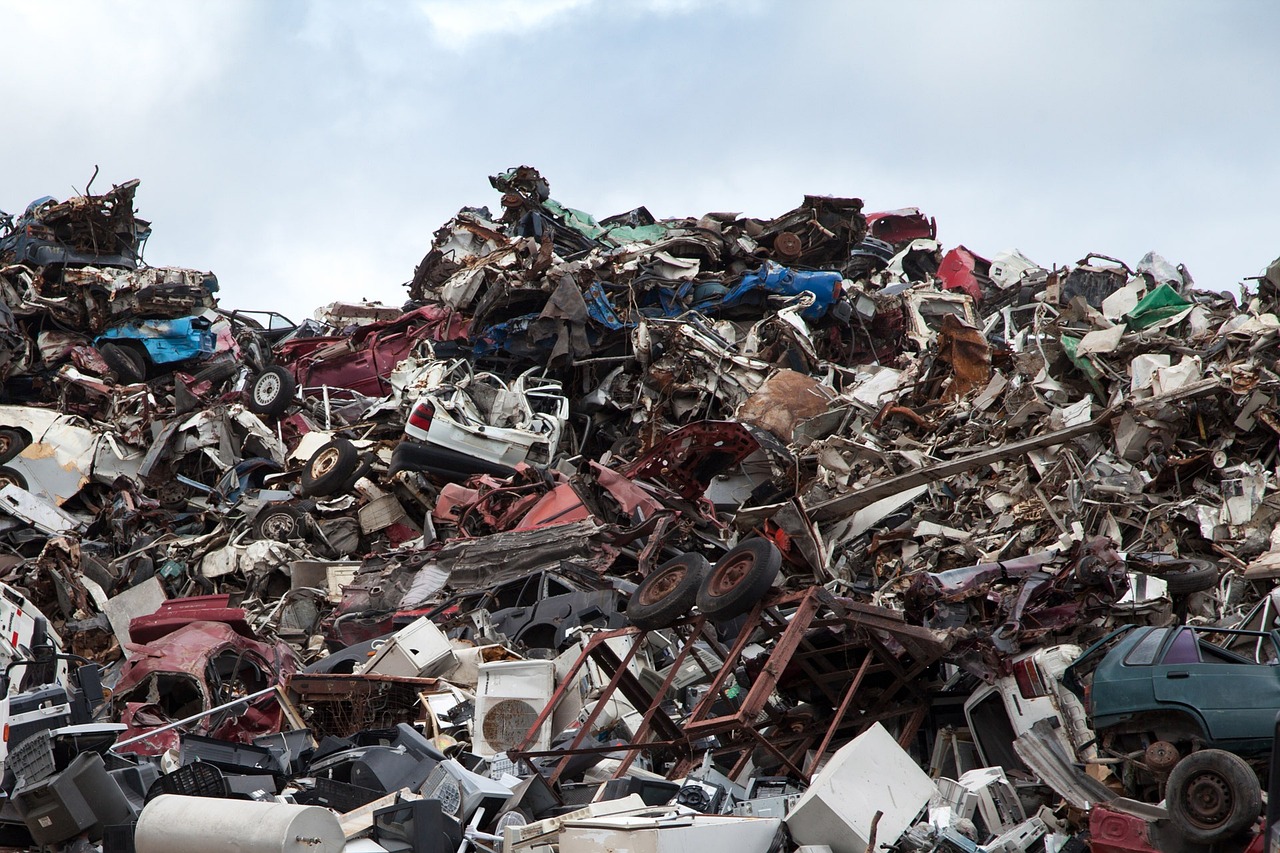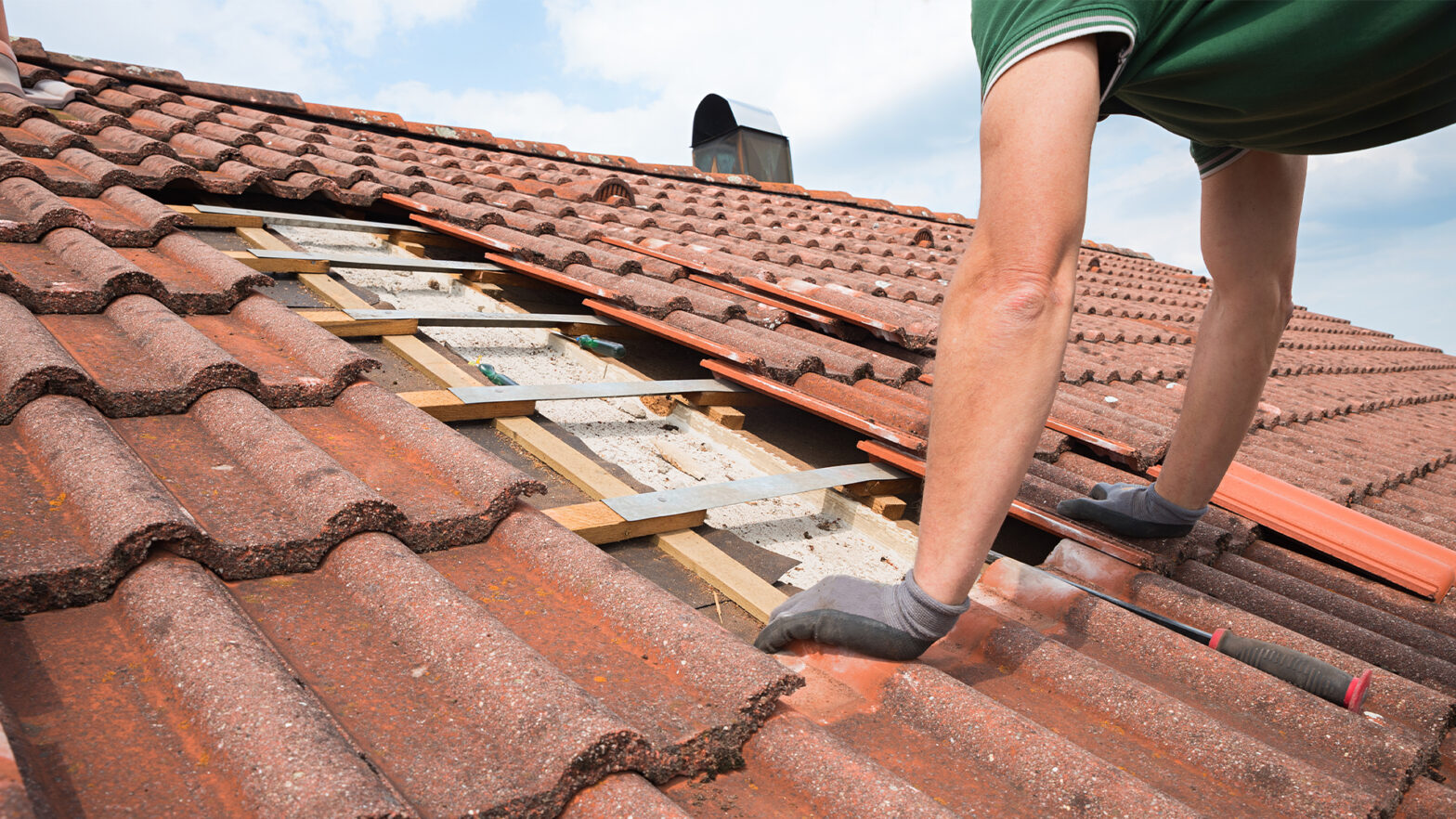Scrap metal lying around your garage or backyard can be an eye sore and a health hazard you may want to eliminate. The good news is that there are efficient ways of disposing of unwanted metals, such as recycling or selling them to recyclers if you cannot do it yourself.
But that is just one aspect of disposing of unwanted scrap metal. If you want to learn more, this article will discuss everything there is to know about how scrap metal recycling works and look into several tips on getting started safely and efficiently.
1. What Is Scrap Metal & How Is It Disposed Of?
Scrap metal is any recovered, post-consumer, post-industrial metal or any metal that is past its original usefulness. If the only scrap metal you have is the few cans you get with your food products from the supermarket.
The ideal way of disposing of them is by putting them in the trash bag alongside other household trash. Most garbage collection companies sort out this trash to recycle what is recyclable, while the rest goes to landfills.
However, if you are dealing with high volumes, such as running a factory or junkyard, you may want to be more intentional about your scrap metal disposal to ensure legal compliance and sustainability. The most effective way to dispose of most metals is by recycling or selling the metal to recyclers.
2. Different Types of Scrap Metal & How to Identify Them
Scrap metal recycling is essential to sustainable living and offers numerous environmental benefits and the economy. But not all scrap metals are the same, and understanding the various types can help ensure you dispose of each properly.
Ferrous metals, such as iron and steel, are magnetic, making them easy to identify with a simple magnet test. These metals are typically found in construction materials, appliances, and automotive parts.
Non-ferrous metals, on the other hand, are not magnetic and include aluminium, copper, brass, and bronze. Aluminium is lightweight and often used in cans, siding, and car parts. Copper, distinguishable by its reddish colour, can be found in electrical wires, plumbing pipes, and electronics. Brass and bronze, known for their yellowish hues, are frequently used in door handles, fixtures, and decorative ornaments.
3. Selling Your Scrap Metal
Once you have sorted your scrap metal based on type, you have two main options to consider for getting rid of it. First, you can repurpose what you can and sell the remainder to recyclers or third-party scrap metal collectors.
The choice of whom you choose to sell your scrap metal two will depend on the quality of scrap metal you have and the prices the buyer offers. If you have large quantities of metal to dispose of, you could consider going directly to the recycler because they can guarantee better prices.
4. What Types of Metals Are Worth the Most
Scrap metals are the most valuable recyclable material for businesses and consumers, thanks to metal manufacturers’ high demand for quality scrap metals. It is also important to understand that all types of metals are not worth the same, which is the reason behind sorting before selling.
Pricing for scrap metal, like other products, depends on supply and demand, among other factors. Consequently, non-ferrous metals such as copper, aluminium, brass, zinc nickel tend to attract higher prices because of their rarity. The prices can go even higher if you are lucky to find valuable scrap metal such as silver or gold.
5. Government Regulations
States have different approaches to waste disposal, so it is important to ensure that your unwanted scrap metal disposal doesn’t violate state and federal laws.
No state has laws prohibiting the recycling or selling of scrap metal. But if you are dealing with high volumes of scrap metals, you may be required to have a state license, so you may want to confirm requirements before selling.

































